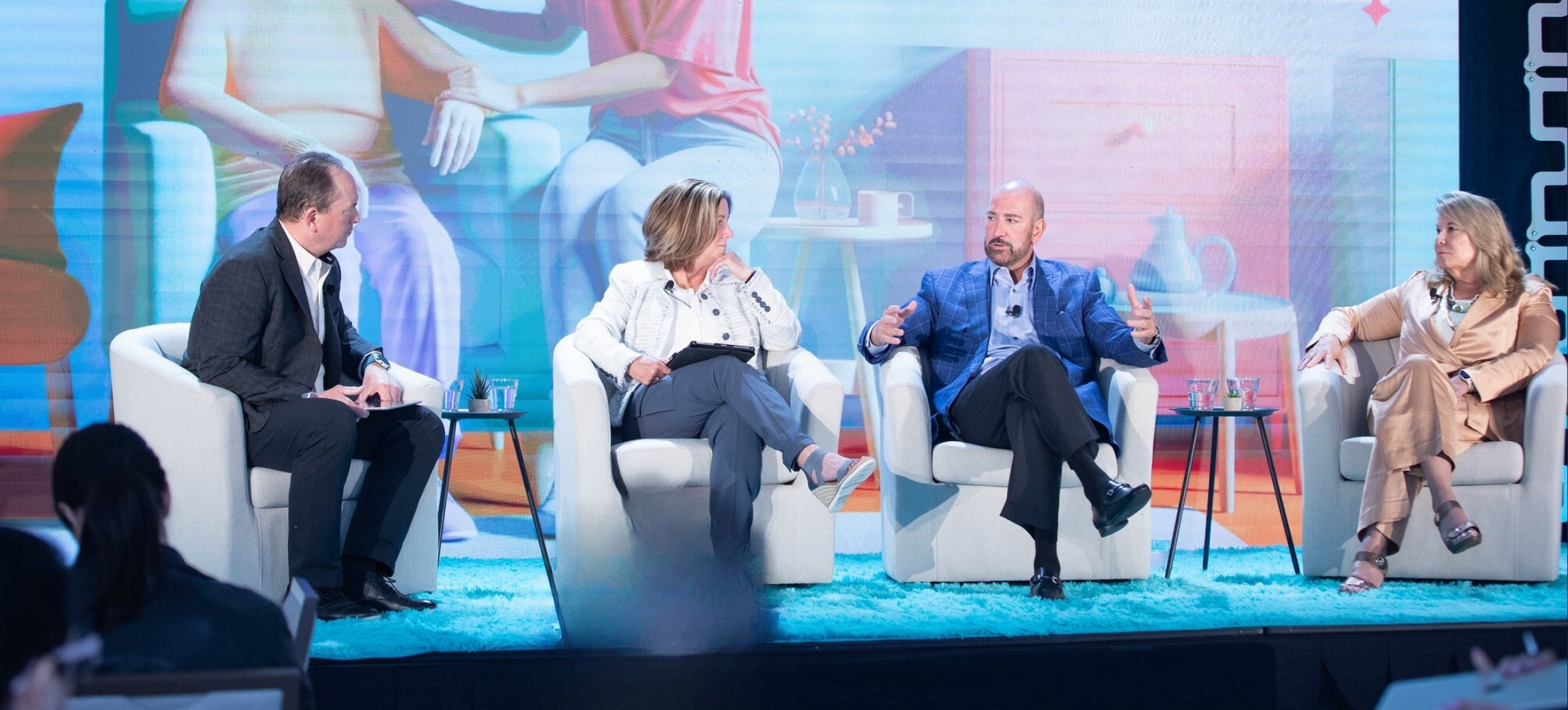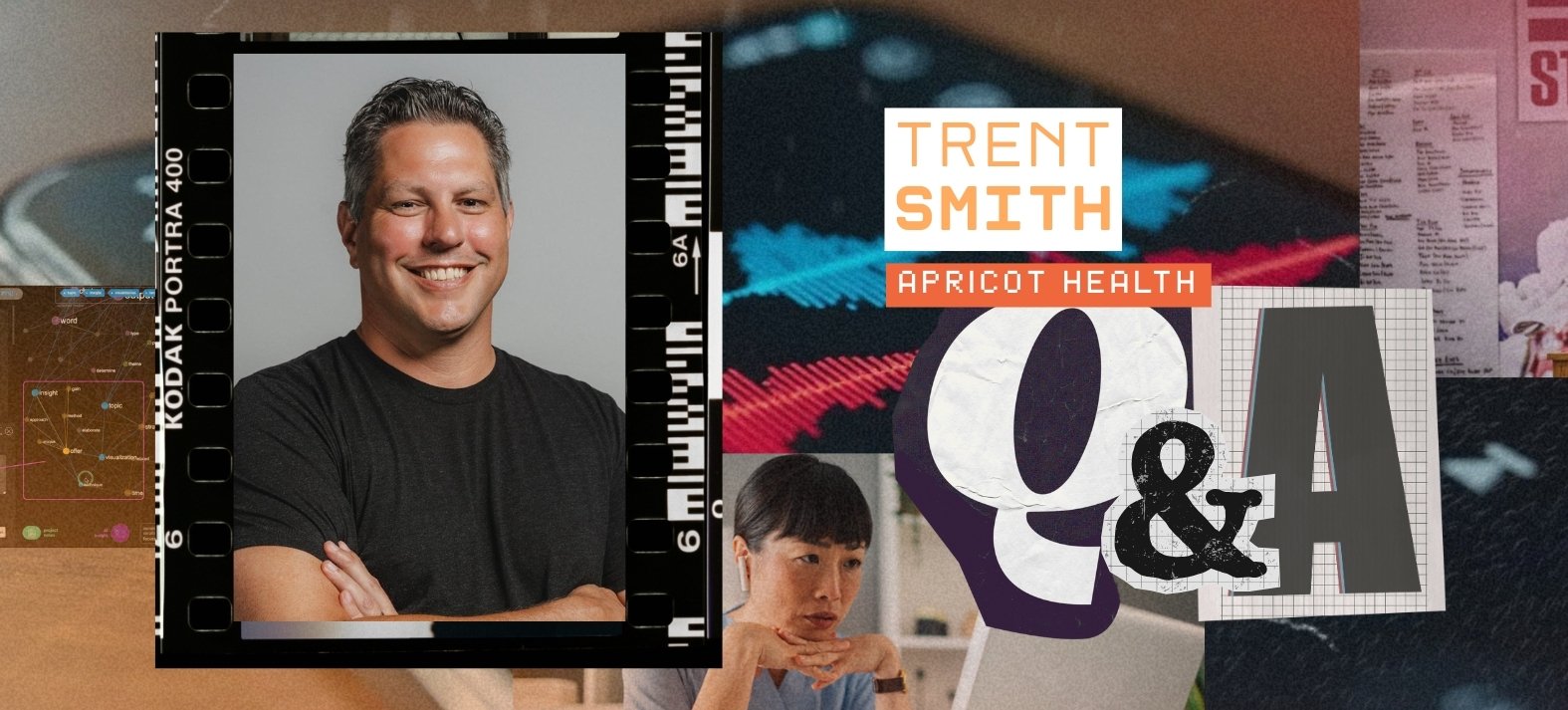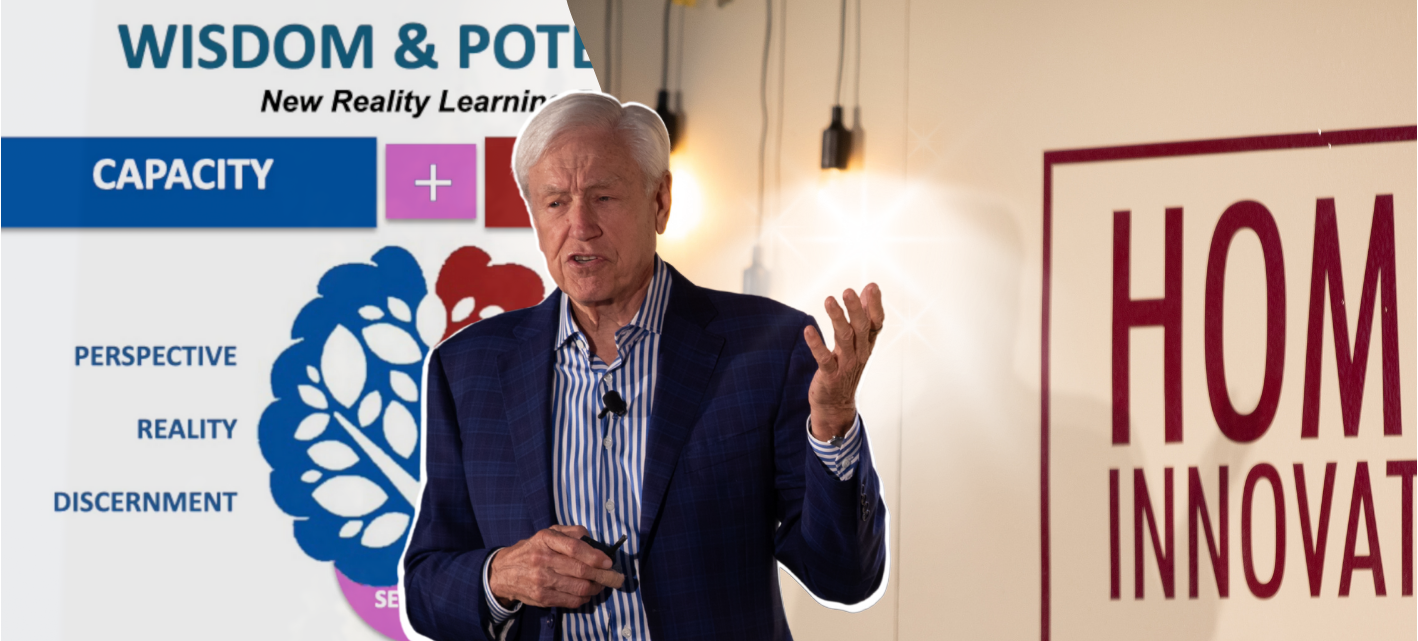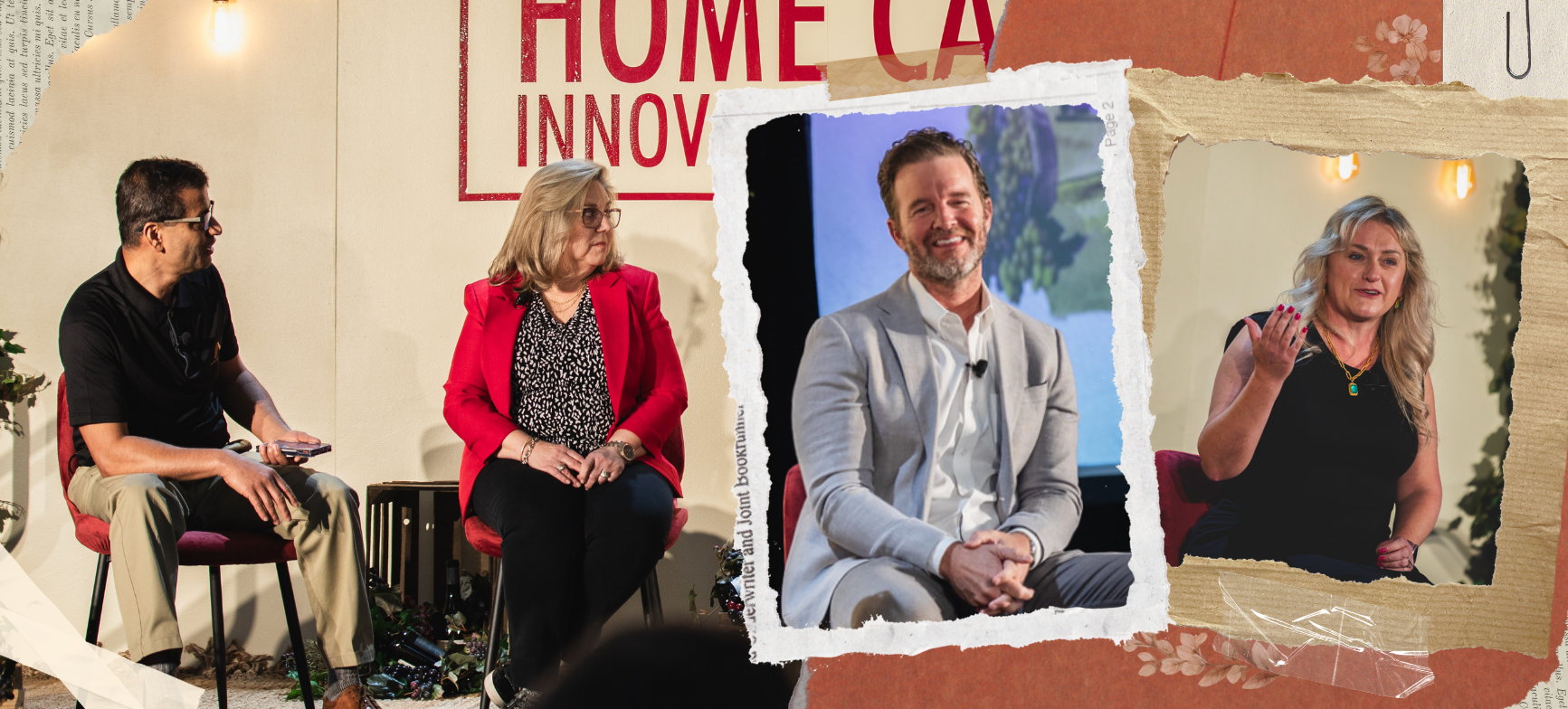At the Home Care Innovation Forum in Napa, top leaders from across the at-home care spectrum shared insights on navigating challenges while seizing opportunities in a fast-evolving healthcare landscape.
The discussion revealed common threads around workforce development, technology integration, and the critical importance of maintaining human connection in care delivery.
“We need to think about reimbursements and ways to streamline operations and provide better care. Some people believe you can just buy a technology and it solves a problem without fully utilizing its functionality,” said Mike Slupecki, CEO of Griswold Home Care, who moderated the discussion. “But one of the things we can do is squeeze the most out of what we already have.”
Redefining Care Models for Accessibility
As the industry grapples with rising costs and staffing challenges, innovative service models are emerging. Mari Baxter, COO of Senior Helpers, highlighted their "Flex Home" model, which adapts traditional care delivery to serve more clients efficiently.
"Those in the middle were cutting back their hours because it became so unaffordable," Baxter said. "How could we get in there sooner? Because when they desperately need it, it's too late."
Right at Home CEO Margaret Haynes emphasized the need to think differently about service delivery.
"We want to make sure that we, as an industry, can care for as many people as possible," she said. "With bill rates getting higher, does that shrink the market that's actually able to afford our services?"
Investing in Workforce Development
The panel unanimously agreed that caregiver recruitment, training, and retention remain critical priorities. Senior Helpers has implemented innovative "Centers of Excellence" for caregiver training, which Baxter describes as transformative.
"What we found in most cases is that those caregivers really weren't as trained as they said they were. We were able to upskill them, train them, and give them much bigger confidence," she said.
David Causby, CEO of Gentiva, shared how his organization invested a bold $48 million in hiring dedicated after-hours staff to improve work-life balance for regular employees.
"We're at an industry low right now: 25% clinical turnover. We're seeing star ratings go up, employee satisfaction go up,” he said. “We've got more people wanting to join the organization than ever before."
Technology as an Enabler, Not a Replacement
While technology plays an increasingly important role, panelists emphasized it should enhance rather than replace human care.
"We don't believe we will ever replace a caregiver in the home," Haynes said. "We have to find ways in which technology can come in alongside that caregiver, alongside that family, and provide peace of mind and additional oversight."
The panel also discussed how technology should be viewed through the lens of operational efficiency and care enhancement, not cost-cutting. Causby highlighted how his organization is hiring actuaries and building algorithms to identify high-risk leading indicators to prevent re-hospitalizations and ER visits.
Meanwhile, Haynes emphasized the importance of fully utilizing existing technology before chasing the potential promise of new solutions: "A lot of times there can be a lot of shiny things out there...but we all know that anytime you chase new software, particularly around your core operations, it can be very disruptive."
Building Credibility and Partnerships
The discussion highlighted the importance of building industry credibility through measurable outcomes and strategic partnerships. Causby emphasized the need for proactive relationship building.
"You have to work on the payer side to find out what their needs are and try to get value-based agreements,” he said.
“You can't just be a standalone home care or hospice or home health company anymore."
Baxter agreed, sharing insights from Senior Helpers' experience with their Life Profile tool.
"We have to justify these higher rates. We've had to step up our game considerably...We can no longer just go the way we were and continue to charge the rates that we have," she said.
The panel also stressed the importance of cross-sector collaboration. As Haynes noted, "From a national perspective, we're always looking to build relationships across home health, hospice, palliative care... but it all comes down to a local level and dealing with the local operators in the communities."
The leaders agreed that building credibility requires both sophisticated data analytics and strong community relationships, combined with a commitment to demonstrating value through measurable outcomes.
Looking Ahead
Despite current challenges, the panel expressed optimism about the industry's future.
"We have some great tailwinds behind us," Haynes said. "When we think about what's going to be the same for the next 10 years - people are going to want to age in the place they call home, family caregivers are going to continue to feel overly stressed...those fundamentals aren't changing."
Baxter closed with a powerful call to action regarding caregiver recognition.
"My mission has been to elevate the level of respect that we have for the caregiver pool of people doing the hardest job out there,” she said.
“We need to find a way to elevate the level of respect (for them) so it becomes a more desirable job, something that people feel good about.”
The discussion revealed that while the industry faces significant challenges around workforce, reimbursement, and service delivery models, innovative solutions are emerging. Success will require continued investment in workforce development, thoughtful technology integration, and strong partnerships across the care continuum.
Most importantly, it will require maintaining focus on the fundamental mission of providing quality, accessible care that enables those who want to age in place to do so with dignity.
As Causby summarized: "It's all about quality. It's all about patient care. It's about having the caregivers, and it's about us constantly innovating ourselves to be recognized as a necessity downstream."
Posted by
Join us!
The retreat for home health care and hospice leaders innovators.
May 17-19, 2026 | Palm Springs, CA




-2.png)


-2.png)


Comments